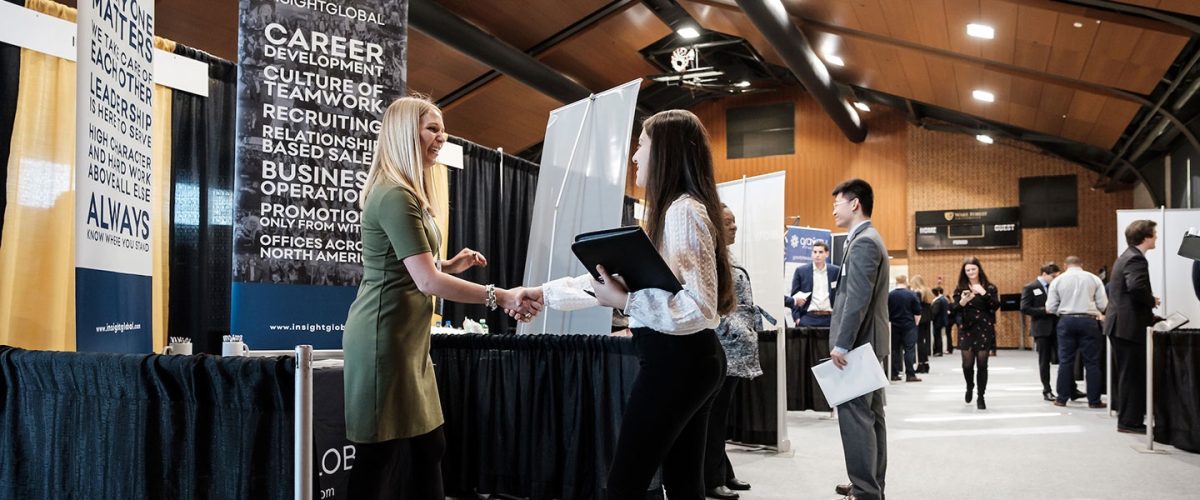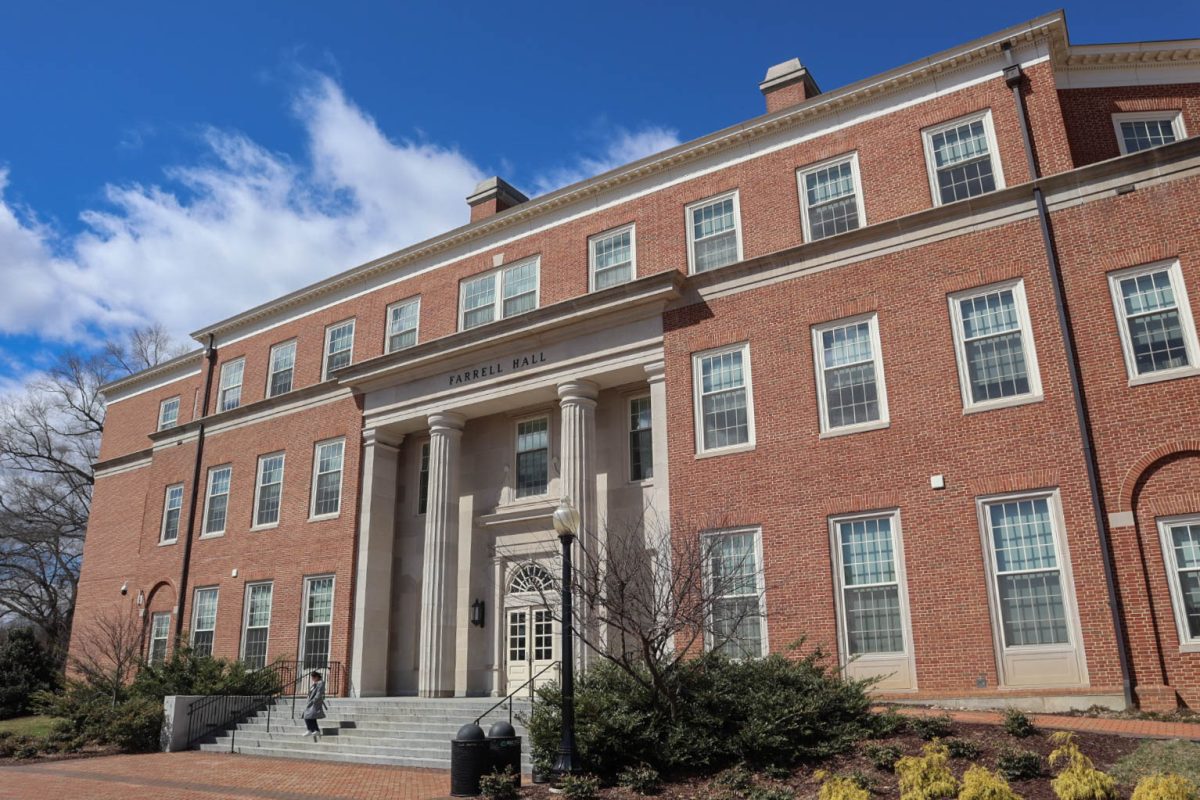The market price to attend Wake Forest University is $91,266 per year; that’s a total of $365,064 if you graduate in four years, excluding financial aid. Now imagine spending $365,064 and not being prepared to land a job post-graduation. Nobody wants that to be them, and neither do their wallets. Planning for the future is critical.
Careerism is defined by the Merriam-Webster dictionary as “the policy or practice of advancing one’s career often at the cost of one’s integrity.” For a college student, in my eyes this means selecting a major that will land solid job prospects post-graduation, participating in clubs that relate to your chosen major/career path and perfecting your resume to land the perfect summer internship.
College is optional. Its purpose is to prepare and better qualify students for the workforce, not to be an extension of high school. While it is beneficial to take time to explore new interests and find academic passions, students and their families are not paying $91,266 per year to receive a diploma reliant on going to graduate school, another high cost, to land a job.
However, college students have taken future-focused mindsets too far. The obsession over joining pre-professional clubs and fraternities, attending every networking event possible and majoring in subjects solely based on what will provide the most worthwhile and successful career has turned college students into robots and left intellectual curiosity in the dust. Students spend significant amounts of time out of the classroom stressing to be one of the few selected to be a part of exclusive pre-professional fraternities, equating a bid from Alpha Kappa Psi (AKPsi) to a job offer on Wall Street. The following hours of their day will be spent scrolling through LinkedIn to see what everyone else is up to.
Careerism culture suggests that only high-paying jobs in business and STEM are worthwhile career paths, resulting in a significant decline in humanities majors and a significant increase in miserable students. There is a huge mental health crisis on college campuses, and as I see it, that can be largely attributed to the ultra-competitive and obsessive careerist environments.
Going into college I envisioned myself taking an array of electives with names unimaginable to my high school self. My dreams were then quickly squashed during registration when I realized my engineering classes and required freshman courses took up all 17 hours, leaving no room for anything else. I then got onto campus and was immediately bombarded with flyers advertising every STEM and engineering club imaginable, and tools for finding my first summer internship. All I wanted to do was play club basketball and spend my summer working at a sleepaway camp, but the overwhelming careerism suggested that would leave me far behind all of my peers.
College tuition should not be wasted to the point that graduate school is the only possible next step, but it also should not be wasted on a miserable, solely career and future-focused four years. College is just as much a life experience as an academic one, and it should be treated as such.
Learning to balance your present life with the plans for your future is a much more valuable skill than learning how to curate the best possible LinkedIn profile.
Planning ahead for success is vital; engrossing in careerism is not.














